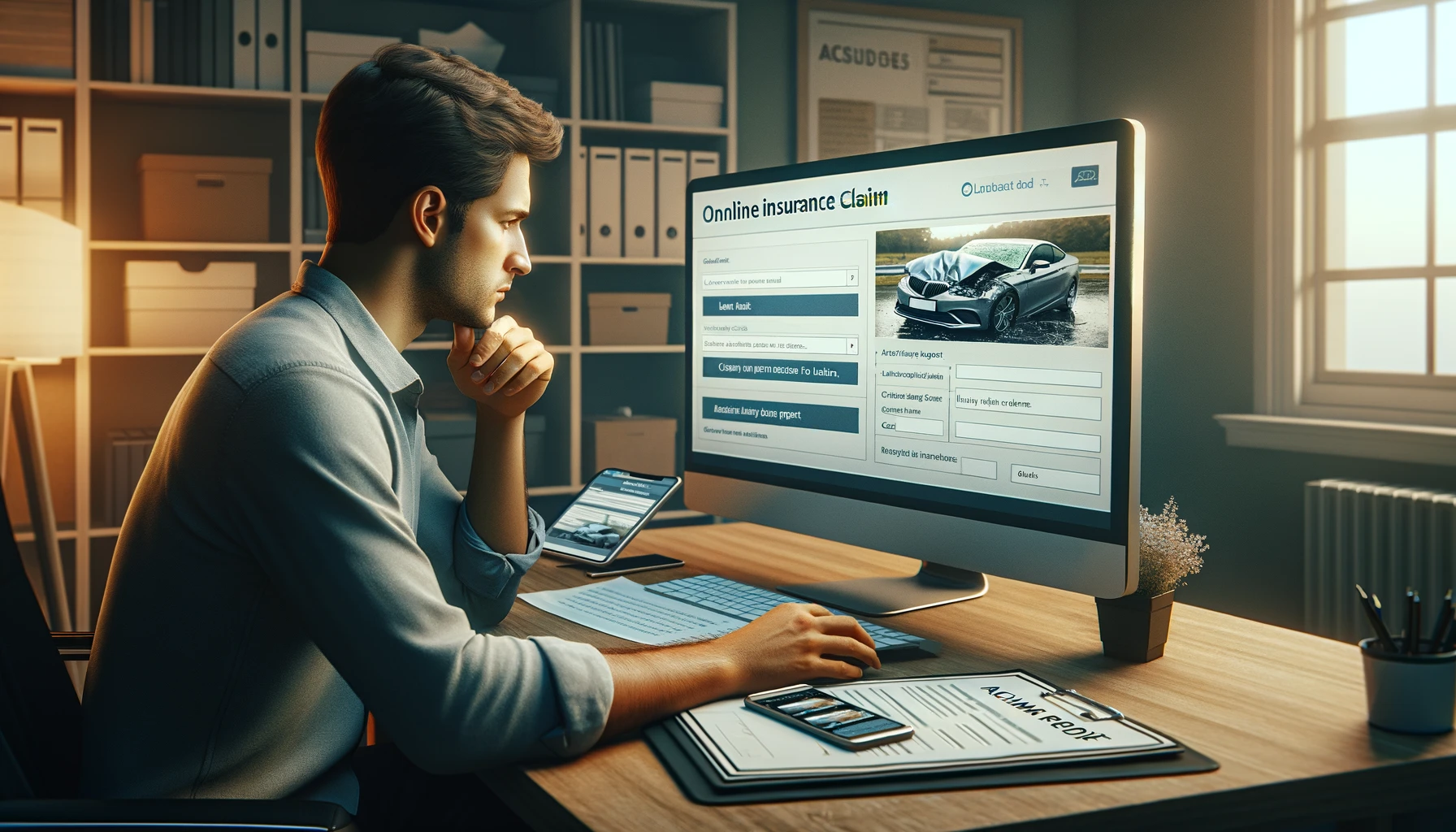Legal Resources Unleashed: Navigating Auto Accidents in 7th Grade English
Introduction to Auto Accidents and Legal Resources
Auto accidents can be a confusing and overwhelming experience, especially if it’s your first time dealing with one. But knowing the right steps to take and understanding the legal resources available can make a world of difference. This article will walk you through everything you need to know, from the basics of
auto accidents to the importance of legal help, all in simple, easy-to-understand language.
An auto accident happens when a vehicle crashes into another vehicle, a person, or an object. These accidents can happen for many reasons, like someone not paying attention, bad weather, or even mechanical problems with the car. The effects of an auto accident can range from minor scratches to serious injuries or even worse.
Why Knowing Legal Resources is Important
When you’re involved in an
auto accident, there are a lot of things to consider—who was at fault, who will pay for the damage, and how to handle any injuries. This is where legal resources come in. Knowing your rights and understanding the legal options available to you can help protect you from unfair treatment and ensure you get the compensation you deserve.

Steps to Take Immediately After an Auto Accident
So, what should you do right after an accident? Here’s a quick guide:
- Ensure Safety and Check for Injuries: Make sure you and everyone else are safe. If anyone is hurt, call for medical help immediately.
- Call the Authorities: It’s important to report the accident to the police, especially if there are injuries or significant damage.
- Document the Scene: Take pictures of the accident scene, the vehicles involved, and any injuries. This can be important later on.
- Exchange Information with Other Parties: Get the names, addresses, phone numbers, and insurance information of everyone involved in the accident.
Understanding Your Rights After an Accident
It’s important to know that you have rights after an
auto accident, whether you’re the driver, a passenger, or even a pedestrian. These rights include:
- As a Driver: You have the right to report the accident and file a claim with your insurance company.
- As a Passenger: You have the right to seek compensation for any injuries you suffer, whether from your driver’s insurance or the other driver’s insurance.
- As a Pedestrian: You have the right to seek compensation from the driver who hit you.
Legal Terminology Simplified
Legal language can be tricky, but here are a few terms that are important to understand:
- Liability: This means who is responsible for the accident. If you’re liable, it means you caused the accident.
- Negligence: This refers to someone not being as careful as they should have been, which leads to an accident.
- Settlement: This is an agreement between the people involved in the accident to resolve the case without going to court.
Understanding these terms can help you navigate the legal process more easily.
How to Find the Right Legal Help
Finding the right lawyer can make a big difference in how your case is handled. There are different types of lawyers who specialize in different areas, like
personal injury or insurance claims. When choosing a lawyer, look for someone with experience in
auto accidents and make sure you feel comfortable talking to them. During your first meeting, you can expect to discuss the details of your case and what steps to take next.
The Role of Insurance Companies
Insurance plays a huge role in auto accidents. When you’re in an accident, your insurance company helps cover the costs, but they also want to pay as little as possible. You might have to deal with an insurance adjuster, who is the person in charge of assessing the damage and deciding how much to pay. Understanding your insurance policy is key to making sure you get the compensation you deserve.
Filing a Claim After an Auto Accident
If you’ve been in an accident, you’ll need to file a claim with your insurance company. Here’s how:
- Gather Your Documents: This includes the police report, photos of the accident scene, medical records, and any other relevant information.
- Contact Your Insurance Company: Report the accident and provide them with the necessary documents.
- Wait for the Process: It can take some time for your claim to be processed, so be patient.
What to Do If Your Claim is Denied
Sometimes, insurance companies deny claims. This can happen for a number of reasons, like if they believe you were at fault or if they don’t think the damage is as bad as you say. If this happens, you can appeal the decision. It might help to get legal assistance if you’re having trouble getting your claim approved.
Understanding Compensation in Auto Accident Cases
Compensation is the money you can receive after an auto accident to cover your losses. There are different types of compensation:
- Medical Expenses: This covers the cost of any medical treatment you need because of the accident.
- Property Damage: This covers the cost of repairing or replacing your car or any other property damaged in the accident.
- Pain and Suffering: This is compensation for the physical and emotional pain caused by the accident.
The amount of compensation you receive depends on the severity of the accident and your specific situation.
The Importance of Keeping Records
After an
auto accident, it’s crucial to keep detailed records. This includes everything from medical bills to communication with insurance companies. Keeping your records organized will make it easier to manage your case and ensure you have all the information you need if you go to court.

Tips for Staying Calm and Collected After an Accident
It’s natural to feel shaken after an auto accident, but staying calm can help you think more clearly and make better decisions. Here are some tips:
- Take Deep Breaths: This can help calm your nerves.
- Focus on the Facts: Stick to the details of what happened and avoid getting emotional.
- Seek Support: Talking to someone you trust can help you process what happened and reduce stress.
Conclusion
Auto accidents are stressful, but understanding your legal rights and knowing what steps to take can make the process less overwhelming. From knowing your rights to finding the right legal help, this guide has covered the essential information you need to navigate an
auto accident successfully. Remember, you don’t have to go through it alone—there are resources and professionals who can help you every step of the way.
Look for an attorney who has the right legal resources for your legal needs.
Contact us here on the
Warmuth Law website or through our hotline 888-517-9888.
Frequently Asked Questions (FAQ's)
1. What should I do if I’m injured in an auto accident?
If you’re injured in an
auto accident, seek medical help immediately, even if you don’t think the
injury is serious. Then, document your injuries and keep all medical records, as they will be important for any legal action or insurance claims.
2. Can I handle an auto accident claim on my own?
Yes, you can handle a claim on your own, but it can be challenging, especially if the case is complex. It’s often helpful to consult with a lawyer who specializes in
auto accidents to ensure you get the best possible outcome.
3. How long do I have to file a claim after an accident?
The time limit for filing a claim varies by state, but it’s generally between one to three years from the date of the accident. It’s important to act quickly to avoid missing the deadline.
4. What happens if the other driver doesn’t have insurance?
If the other driver doesn’t have insurance, your own insurance policy might cover the damages, depending on your coverage. You may also need to take legal action to recover the costs.
5. How much does it cost to hire a lawyer for an auto accident case?
Many lawyers work on a contingency fee basis for
auto accident cases, which means they only get paid if you win your case. The fee is usually a percentage of the settlement you receive.













